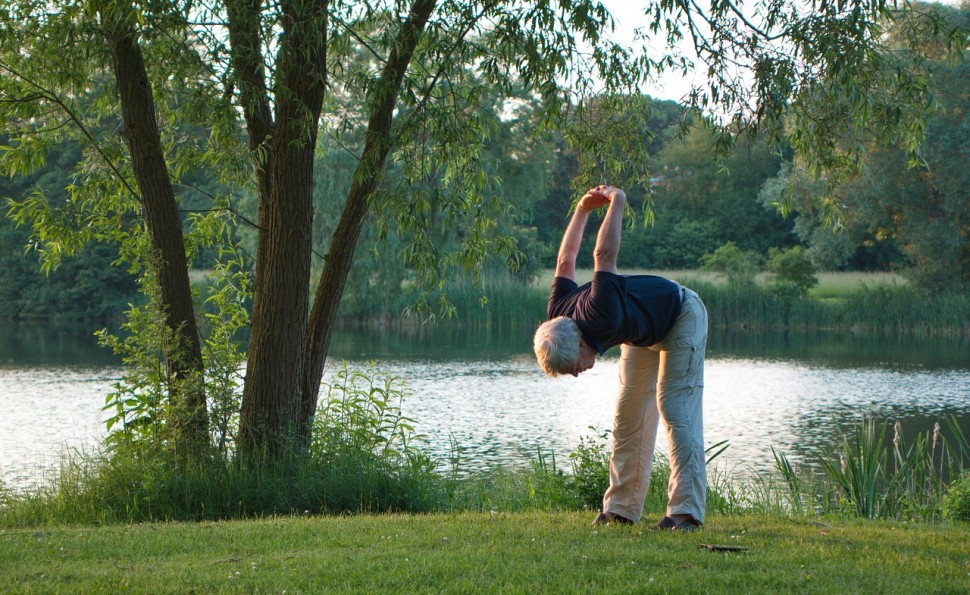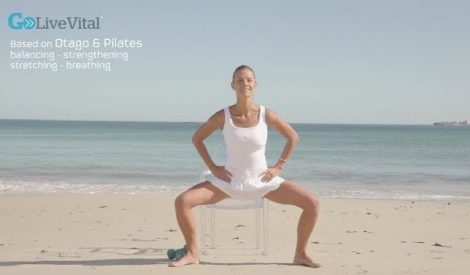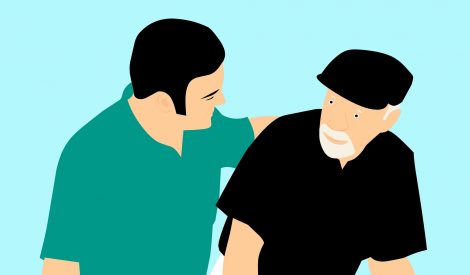“A mere thirty minutes of activity a day reduces your risk of heart and vascular diseases with 69%” – this was the outcome of recent research conducted by the Radboud University in Nijmegen, the Netherlands. Physiologists Thijs Eijsvogels and Martijn Maessen specifically set out to find an answer to the question ‘how much daily activity is needed to substantially reduce this risk?’ and found the existing thirty-minute norm to be the correct answer. “This enormous gain, after only a little bit of activity, should be a great impulse for vulnerable groups, like older adults, to make sure they reach the daily norm,” Eijsvogels concluded. We could not agree more, and furthermore: we know exactly how to turn this scientific fact into a daily, healthy life-style!
The problem with such norms, we have found, is that they consist of rather abstract entities. Of course: everyone has an idea of how long thirty minutes take. But what if these minutes do not form one smooth, outlined block of time, but are spread out over your day – separated into several tiny, fleeting entities of time that are far less noticeable? Can we still sense whether we have reached our goal after a long, busy day full of people, errands, conversations and time spent lost in thought? Furthermore: who wants to pay attention to this – all the time?
This is exactly why we have embedded a sophisticated application into our software, which keeps track of your activity for you; while you focus on the more enjoyable things in life. The software calculates a personalized activity goal for you – based on a variety of factors – and keeps track of the extent to which you have fulfilled this goal at any given moment.
This allows you to maintain the healthiest lifestyle possible, without obsessing over whether you are active enough; just one look at the start screen of your smartphone will tell you exactly where you stand – and whether it is necessary to go for a little evening walk around the block.
Sounds good? This is just one of the myriad ways in which smartphones can revolutionize the way we age and maintain our health. We believe that these kinds of solutions can not only reduce health care costs massively, but also empower us by making us much more independent as we age. That way we can live at home much longer, largely take care of ourselves, and hold on to our human dignity ánd our health – until we are well into our nineties!
The above quoted research was published in the scientific journal ‘Mayo Clinics Proceedings’ and can be found here.




